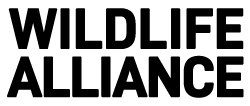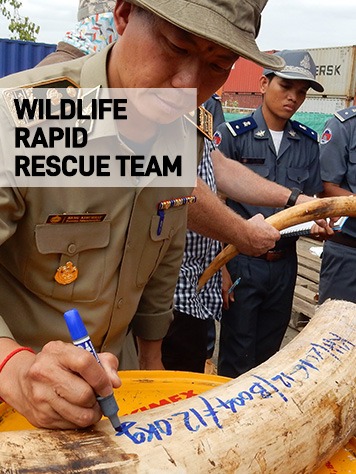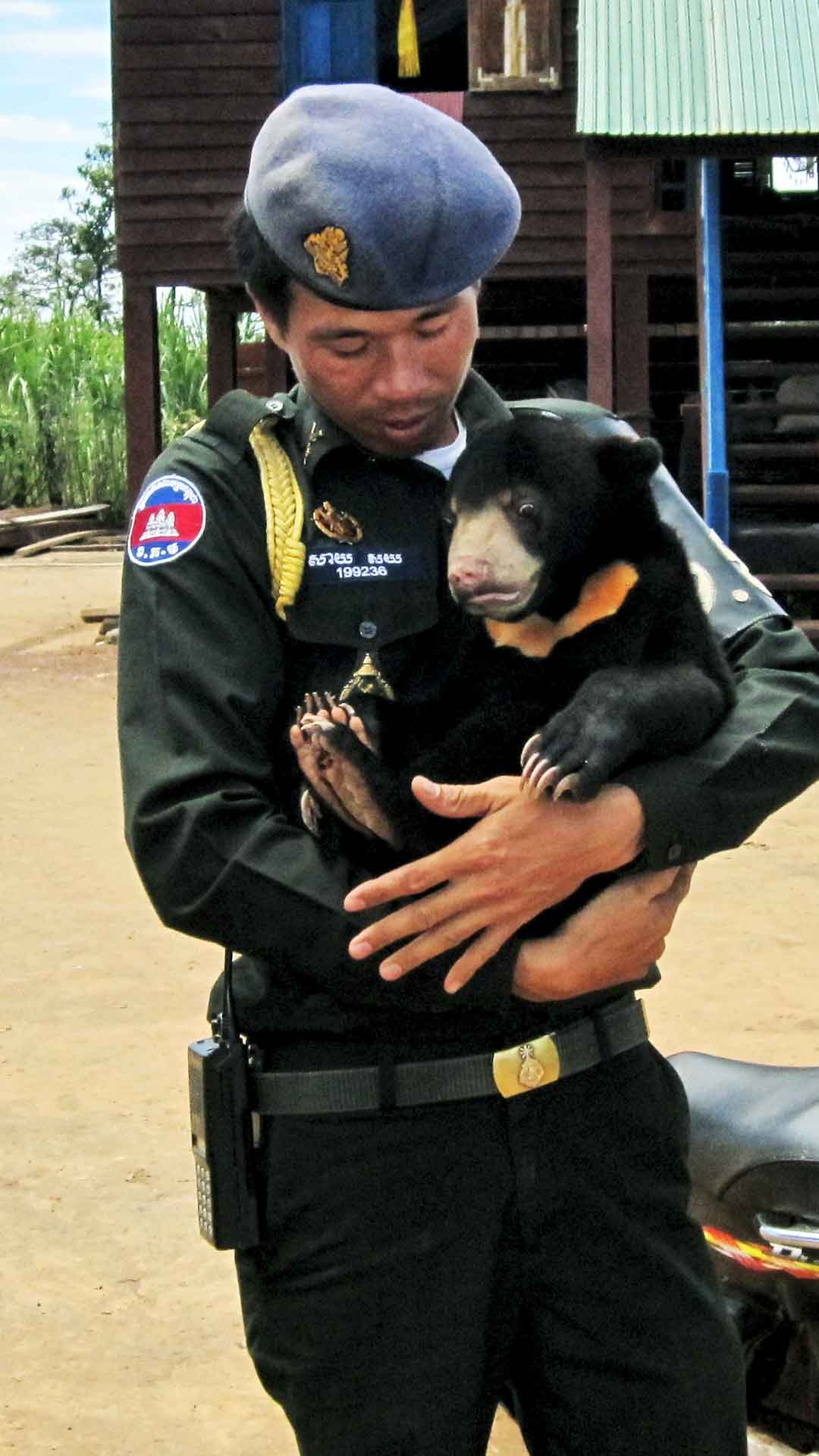THE PROBLEM
The illegal wildlife trade is one of the biggest threats to wildlife globally. Estimated to be worth more than US $20 billion annually this trade has escalated from a conservation issue to a worldwide criminal enterprise that is devasting wildlife populations. Cambodia is a source, transit country, and destination for many of the world’s most trafficked and valuable species. This includes the global trade of elephant ivory and rhinoceros horn from Africa.
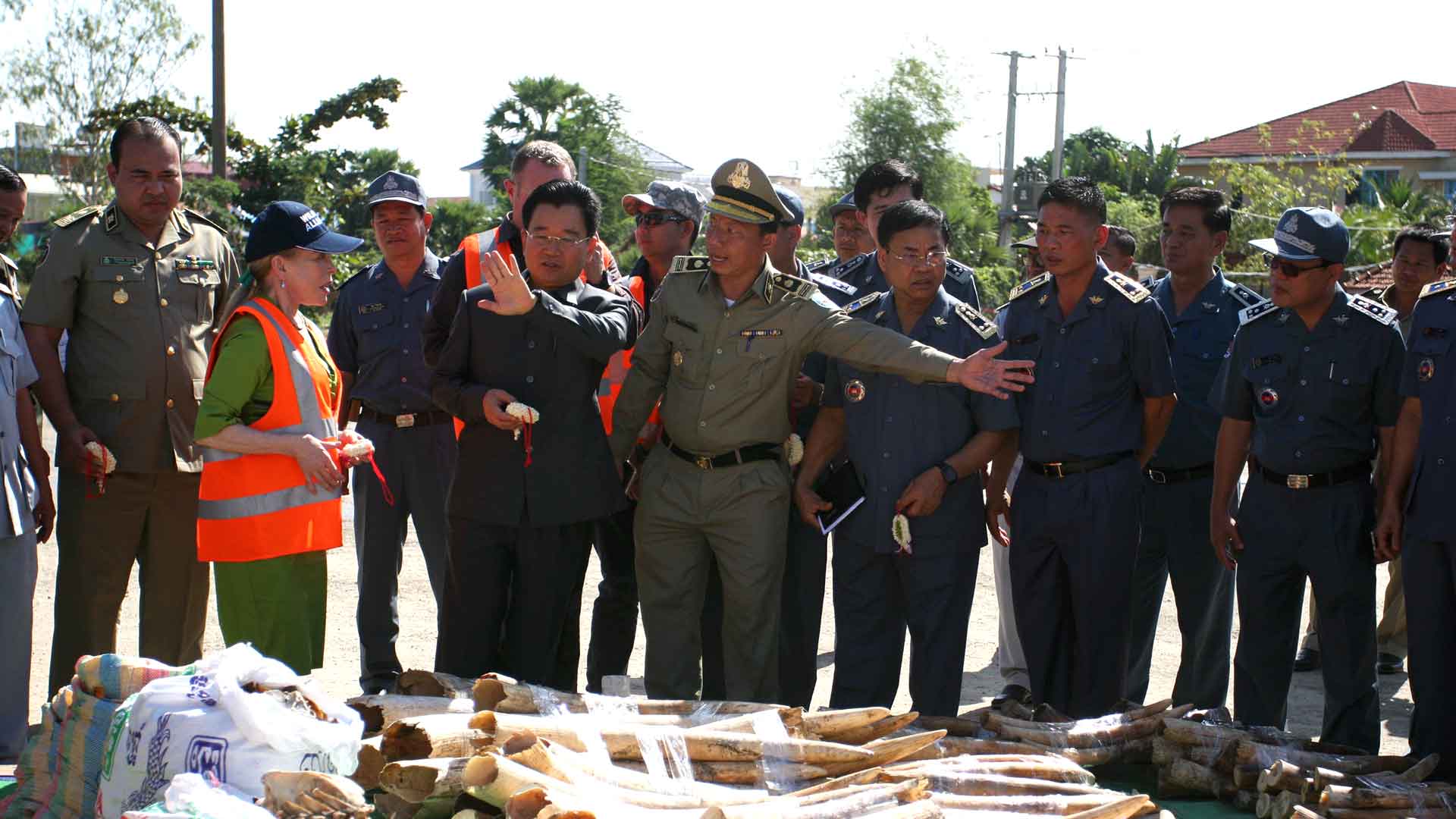
THE PROBLEM
The illegal wildlife trade is one of the biggest threats to wildlife globally. Estimated to be worth more than US $20 billion annually this trade has escalated from a conservation issue to a worldwide criminal enterprise that is devasting wildlife populations. Cambodia is a source, transit country, and destination for many of the world’s most trafficked and valuable species. This includes the global trade of elephant ivory and rhinoceros horn from Africa.
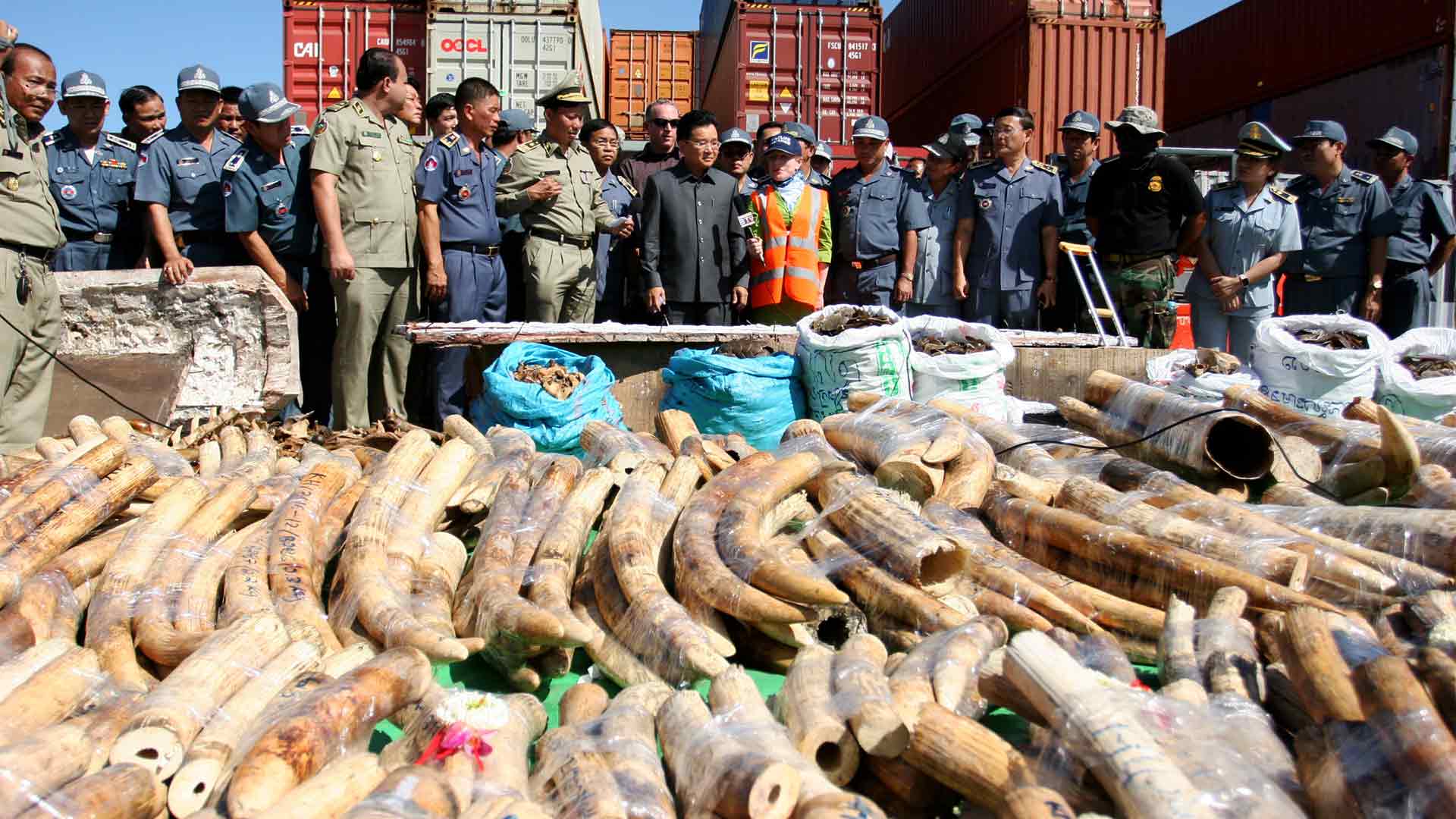
WILDLIFE ALLIANCE APPROACH
In 2001, Wildlife Alliance partnered with the Cambodian government to implement an urban law enforcement team, known as the Wildlife Rapid Rescue Team (WRRT) that cracks down 24/7 on wildlife trade throughout the country.

WILDLIFE ALLIANCE APPROACH
In 2001, Wildlife Alliance partnered with the Cambodian government to implement an urban law enforcement team, known as the Wildlife Rapid Rescue Team (WRRT) that cracks down 24/7 on wildlife trade throughout the country.
NEW CHALLENGES – SOCIAL MEDIA
Because of the success of the Wildlife Rapid Rescue Team, wildlife traders are changing their tactics which presents new challenges for our unit. Increasingly wildlife is traded online particularly through Facebook which is omnipresent across Cambodia.
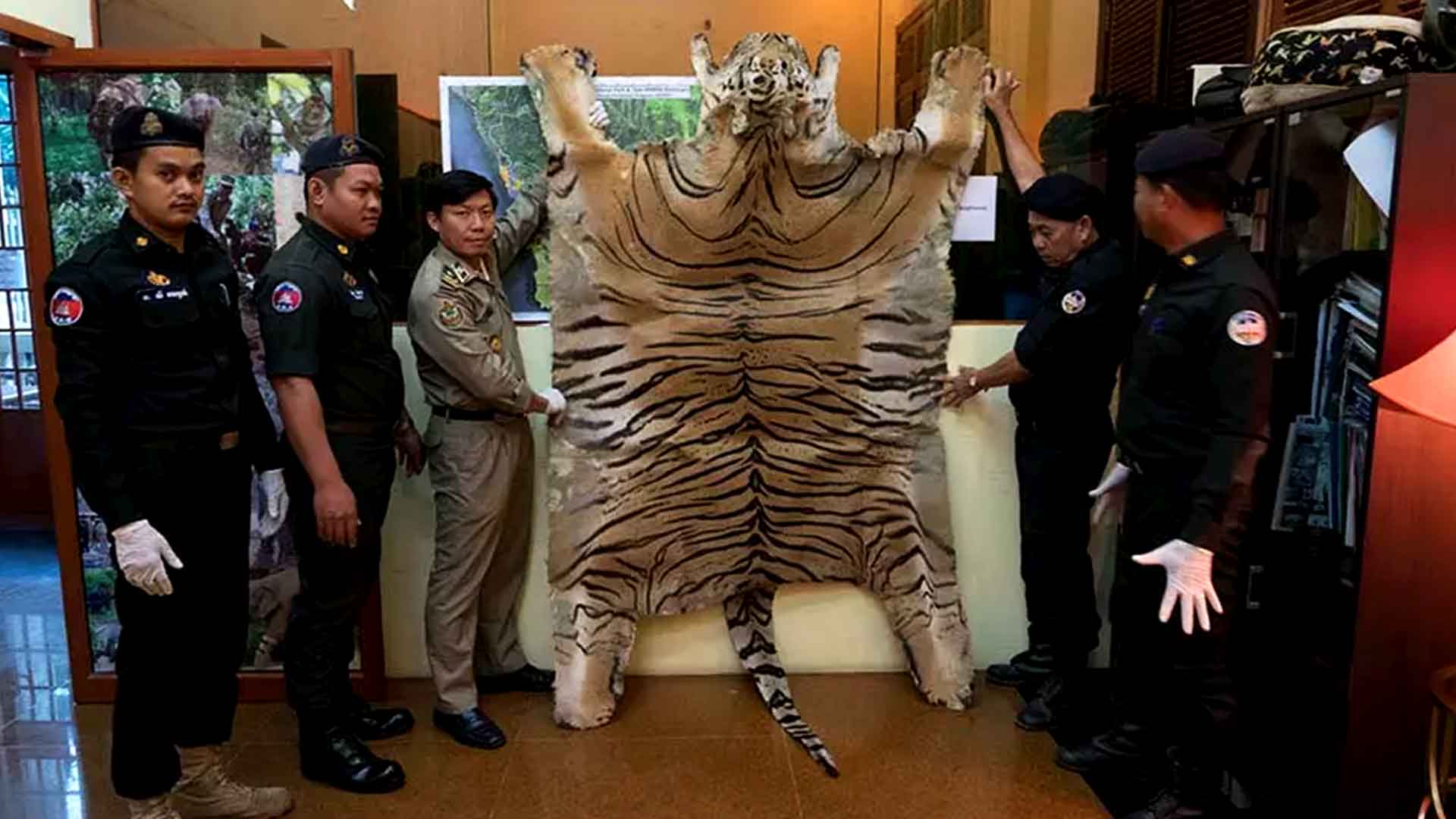

NEW CHALLENGES – SOCIAL MEDIA
Because of the success of the Wildlife Rapid Rescue Team, wildlife traders are changing their tactics which presents new challenges for our unit. Increasingly wildlife is traded online particularly through Facebook which is omnipresent across Cambodia.
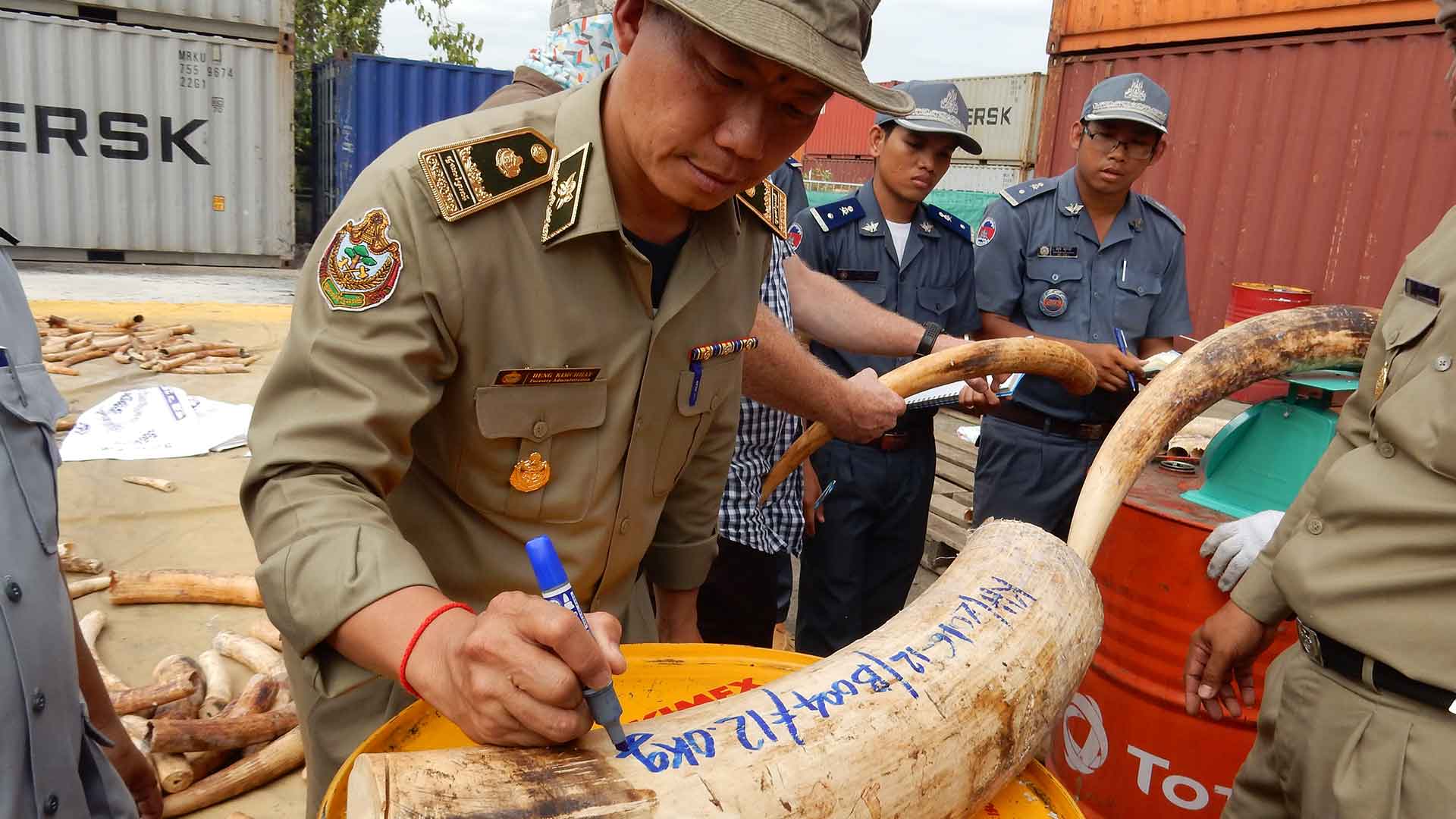
CHINA ROAD AND BELT INITIATIVE
There is an influx of Chinese companies operating throughout Cambodia with thousands of workers coming in from China. The expansion of Chinese investments in resorts and casinos along the coast, many of which appear to be developed under the banner of the Belt and Road Initiative, is staggering.

CHINA ROAD AND BELT INITIATIVE
There is an influx of Chinese companies operating throughout Cambodia with thousands of workers coming in from China. The expansion of Chinese investments in resorts and casinos along the coast, many of which appear to be developed under the banner of the Belt and Road Initiative, is staggering.
REPORT WILDLIFE CRIME – 012 500 094
Wild animals in Cambodia are classified as state property, and to trade in them is illegal. Wildlife include all wild birds, mammals and reptiles of Cambodia.
To report wildlife crimes or wild animals in danger:
1) Call 012 500 094 or through our Wildlife Crime Hotline Facebook page in all instances.
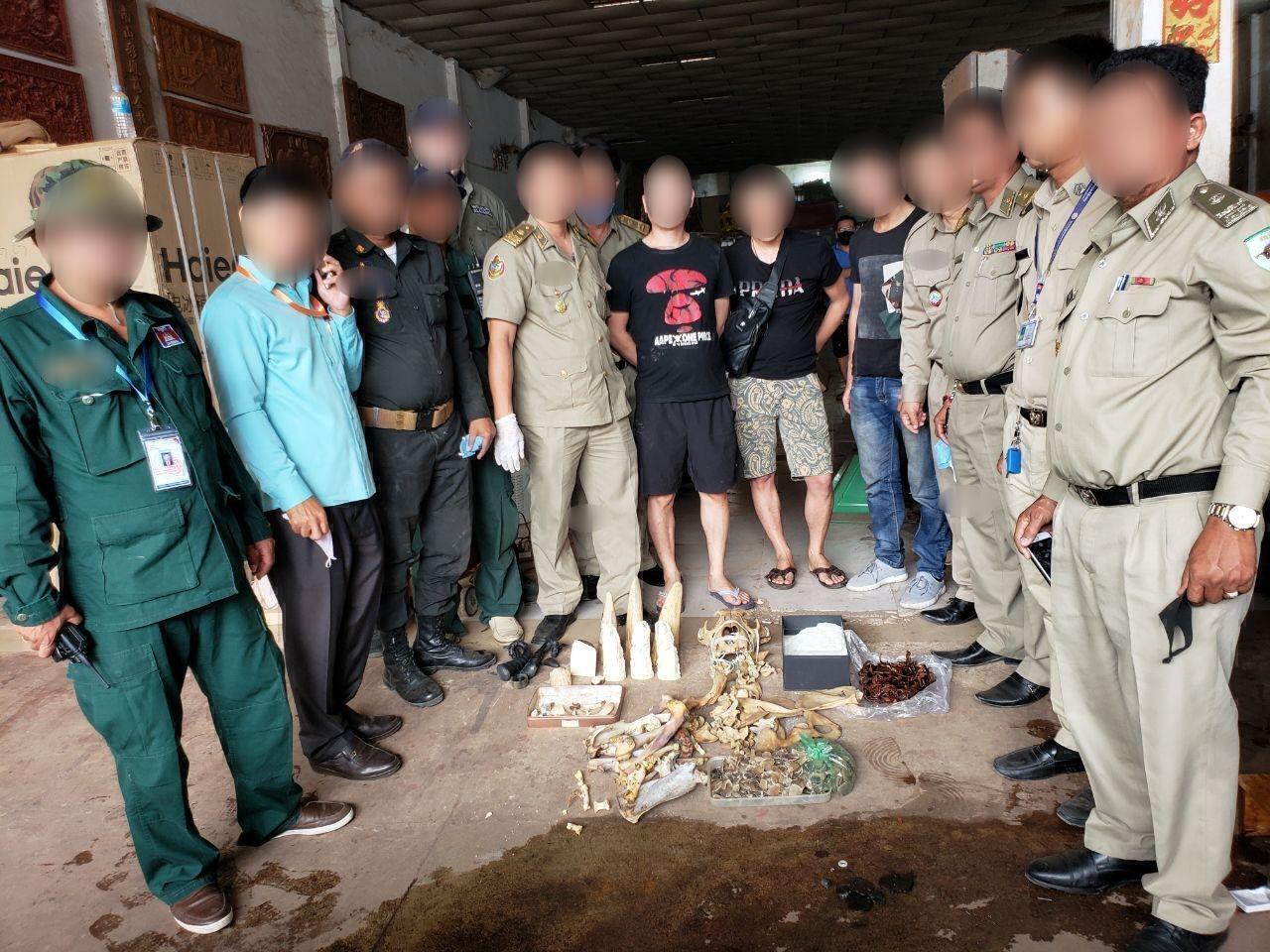

REPORT WILDLIFE CRIME – 012 500 094
Wild animals in Cambodia are classified as state property, and to trade in them is illegal. Wildlife include all wild birds, mammals and reptiles of Cambodia.
To report wildlife crimes or wild animals in danger:
1) Call 012 500 094 or through our Wildlife Crime Hotline Facebook page in all instances.
